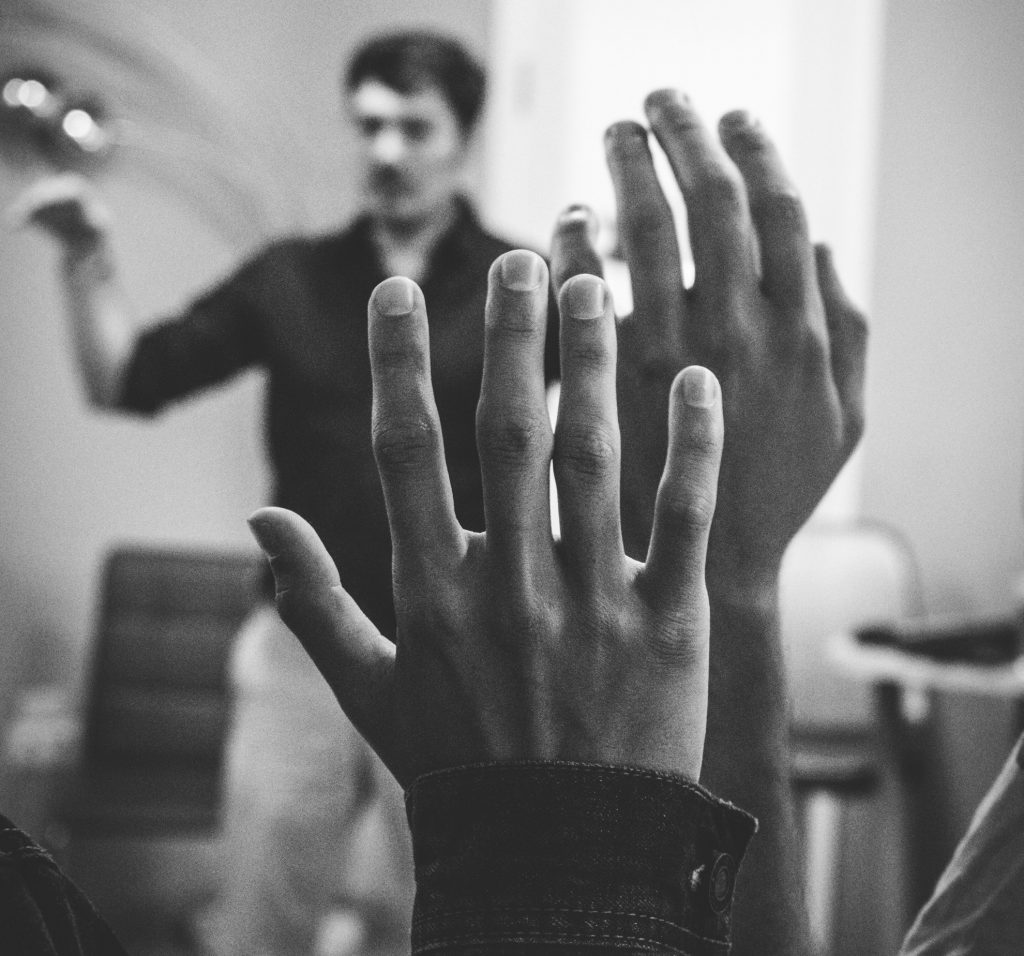Alexis Benoit,
History Teacher
Teaching in the heart of cosmopolitan Montréal, Alexis Benoit faces the complex challenge of teaching history to a culturally diverse class. Alexis teaches two different groups of students in a public school: one made up of five oral learners with hearing impairments and the other of sixteen students with learning difficulties. The school is located “in a fairly multicultural neighbourhood,” which, he points out, reflects Montréal’s cosmopolitan nature. He stresses the significant impact of this pluralistic setting on the multi-ethnic composition of his class. Alexis Benoit highlights the challenge of teaching history to students whose cultural attachments may differ from those of the province or country they are studying. However, he notes that what makes history teaching in Quebec unique compared to the rest of Canada is the specific linguistic and cultural context, particularly the fact that it is taught in French.

Montréal, Québec

Teaching and Learning
Alexis Benoit shares his experience of teaching history in a varied, cosmopolitan environment. He navigates this environment by adjusting his teaching to reflect the many perspectives represented in his classroom. He fosters an inclusive and engaging learning environment, tackling contemporary themes and social issues, and taking advantage of the cultural and religious diversity of his students.
For Alexis, teaching Quebec and Canadian history in this context involves navigating a variety of sometimes complex perspectives. He stresses the importance of teaching in a way that “engages and entertains students,” even when the history being taught does not directly reflect their own cultural experiences and identities.
This understanding of the cultural diversity and multiple identities of his students has guided Alexis’ classroom practices. Aiming to create an inclusive environment where every student can feel connected to the history being studied, Alexis tackles topical and socially sensitive subjects, such as social causes and LGBTQ+ rights. He acknowledges that such an approach can elicit diverse and contradictory reactions among students, especially those whose cultural and religious backgrounds may differ from prevailing Western norms/views. Despite these challenges, Alexis remains committed to maintaining an inclusive and respectful learning environment where students can openly address and discuss complex and contemporary issues. Alexis acknowledges that this reality is not the same as in the more homogeneous environments more likely to be found outside major urban centres.

Historical Thinking
Alexis emphasizes the importance of using teaching methods that engage his students. In his view, the key is to capitalize on this engagement and motivation to develop their critical thinking in history.
Reflecting on his academic and research career in Marc-André Éthier’s laboratory, Alexis Benoit shares his experience of using video games as a pedagogical tool to teach history and develop critical thinking in students.
Drawing on Wineburg’s work on historical thinking, Alexis aims “to teach history not as a subject centred on the memorization of dates, characters or events, but rather as a method that develops critical skills and fosters students’ civic development,” he explains. His goal is to encourage students not only to recognize subjective perspectives in various historical documents, but also to develop a reflex for questioning what is presented as a given.
In his teaching environment, Alexis favours the use of topical issues to develop critical thinking and analyze historical sources. He is convinced that these methods enable students to mobilize essential cross-disciplinary skills for their everyday lives.
Co-created by Alexis Benoît and René Salem
